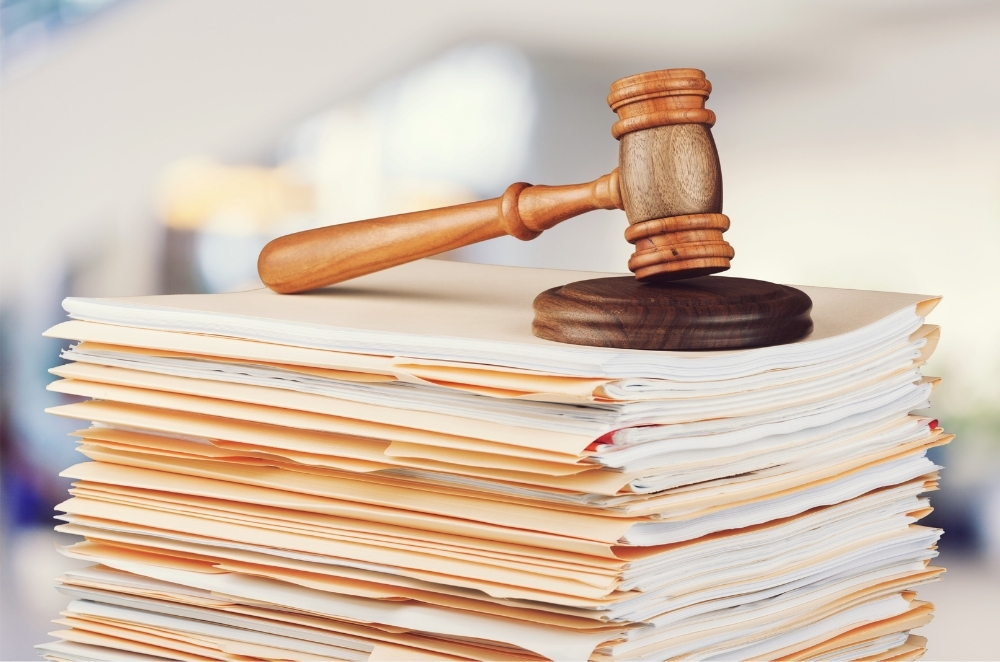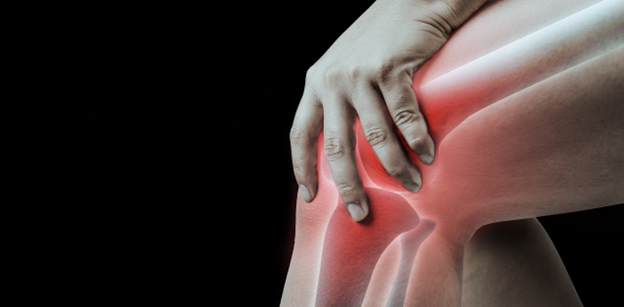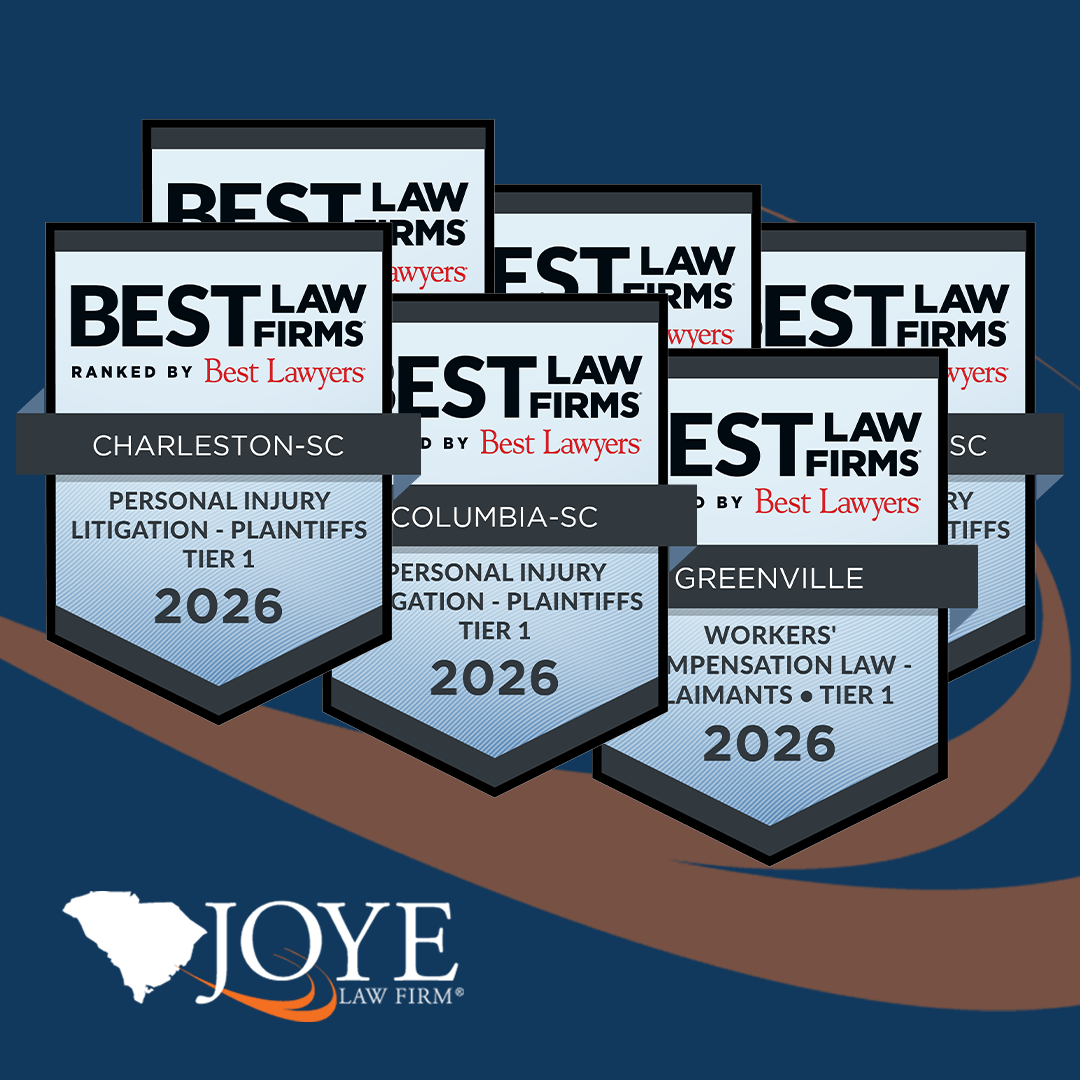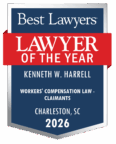
Objection! Overruled! Everyone is familiar with the high-drama court proceedings depicted in movies and on TV. They may leave you wondering, “What happens in a real-life personal injury trial?”
While far less theatrical, real life court cases can be filled with their own twists and turns. Just like an actor must put in the work to memorize the script and become their character, a lawyer must be totally invested in their case. They must also be prepared to present the case to a jury who are taking time from their busy schedules to decide the outcome of the case.
What many people might not realize is that a personal injury lawsuit begins long before anyone steps foot in a courtroom. In fact, most of the pre-trial preparations occur during a period known as “Discovery.” This stage of litigation is when each party gathers and exchanges information and evidence related to the case and assesses the likelihood of success at trial.
Unlike the courtroom dramas you see on TV, this doesn’t involve pulling out a surprise witness or new evidence mid-trial. Instead, discovery requires both parties to share all evidence they collected, giving each a fair chance to build their case.
Learn more about the discovery phase of a personal injury claim and how Joye Law Firm can navigate this process to secure a victory in your case.
How Long Does the Discovery Process Take in a Personal Injury Case?
The timeline for the discovery phase in personal injury cases can vary from a few months to over a year. The timeline of discovery is based on the type of case, amount of evidence, and cooperation between parties. In South Carolina, the process generally looks like the following:
- Initial Disclosures: In federal court, parties must exchange certain evidence and information within 14 days after an initial scheduling conference This step lays the foundation for the discovery process.
- Discovery Period: Typically taking 6 to 9 months, this phase can last more than a year or more for complex cases. Both sides gather and exchange detailed evidence and information to build their cases during this time. The discovery process can be more lengthy if motions are filed related to materials sought by an adverse party.
- Expert Witness Disclosures: Required to be made before the trial date; this step involves sharing the identities and subject matter of the expert witness. In federal court, reports of expert witnesses who will testify are required.
Role and Importance of Evidence in Building a Case
As the plaintiff in a personal injury case, the discovery phase allows you and your attorneys to collect evidence to fortify your case and discern the strength of any defenses asserted by the adverse party. Below are examples of evidence that might be used during the trial:
Documents
These are any written materials relevant to your case. For instance, you might include the official police report from your accident, photographs of the damage to property and any injuries, detailed medical bills and records, and documentation showing lost wages and used paid time off (PTO). While police reports are not admissible as evidence, they are routinely exchanged in cases involving car crashes, as the reports can contain helpful information regarding crash location, witnesses, and other information.
These documents help establish the facts of your case, the extent of your injuries, and the financial impact of the incident.
Admissions
This process includes both sides asking a party to admit or deny facts or the authenticity of documents. One party might request you admit that you were behind the wheel during the crash, or if any occupants were in the vehicle.
These admissions are made before the trial to streamline the proceedings.
Interrogatories
Parties must answer these written questions from the opposing lawyer under oath. The number of interrogatories can be limited by state law; for example, South Carolina allows up to 50, plus the court’s standard interrogatories, for a total of 57 (including subparts).
Questions may cover basic details like the person’s identity, insurance information, and specifics about the incident. For instance, your legal team could ask the defendant about alcohol consumption before the crash or any past traffic violations. Their answers may help your case.
All interrogatory responses must be accurate. If any answers change due to new information, you or the other party must update and resubmit them as part of discovery.
Depositions
A deposition is a verbal testimony taken before a court reporter and without a judge or jury present. These questions are answered under oath and recorded through a written transcript, videotape, or both as part of the official record. Usually, a deposition consists of an oral examination by either the plaintiff or defense attorney, followed by direct examination by the party’s own lawyer if they so choose to ask questions. Depositions let both sides know what a party or witness will say in court, helping them to prepare accordingly.
Occasionally, depositions are presented in court if a witness cannot attend the trial or to contrast with statements made by the witness in court. For instance, your legal team might question a defendant about whether they were speeding at the time of a car crash. If they initially admit to speeding in their deposition but later deny it on the witness stand in trial, your attorney can highlight this inconsistency to the judge or jury.
Can Anything Be Used in Discovery?
Although you are generally not allowed to withhold any information relevant to the trial, you are not required to share “privileged” information.
Privileged information includes private conversations and communication with:
- Your lawyer
- Your doctor
- Your religious advisor
- Your spouse
What if I Want to Try to Settle Out-of-Court?
One goal of a personal injury trial is to try to get a judge or jury to order the at-fault party to pay more money than they initially offered. While jury verdicts often result in more compensation for victims, a trial can also drag out for months or even years.
The vast majority of injury victims are able to settle out-of-court. However, even if your case never ends up going to trial, this pre-trial phase is still important and necessary.
In fact, mediation is mandatory in state and federal court. Mediation is a time when the parties and the insurance carriers meet to present their view of the case, and negotiate. If the case is settled at mediation, the lawsuit is dismissed. If the case does not settle at mediation, it is possible that the case could be settled later based on the conversations started at mediation. Alternatively, we at Joye Law Firm stand ready to assert your Seventh Amendment right to a trial by jury to determine the outcome of your case.
Legal Assistance During Discovery
Having an attorney during the discovery phase can help you prepare a winning case. At Joye Law Firm, our legal team uses the following tactics during the discovery process:
- Strategic Planning: We develop a comprehensive strategy tailored to your case, ensuring all discovery efforts are directed toward obtaining relevant and impactful evidence.
- Handling Documents: Our team collects and meticulously organizes all essential documents for your case. This includes legal documents, records of evidence, and relevant communications.
- Interrogatory Oversight: We skillfully formulate targeted questions to extract valuable information and thoroughly examine responses to interrogatories, identifying inconsistencies or topics that require deeper investigation.
- Deposition Mastery: Experienced at questioning and cross-examination, our attorneys excel in eliciting important admissions and information during depositions. They are equally skilled at preparing you to deliver your most effective testimony at trial.
- Admissions of Fact Management: We manage admissions throughout the discovery phase. Our attorneys will work to secure favorable facts to facilitate a more efficient trial process. If we face resistance to receiving evidence, we can subpoena witnesses and essential documents.
Allow Us to Collect Evidence for Your Claim
If you are struggling with an uncooperative or combative insurance company after an incident or crash that wasn’t your fault, a lawsuit may be your only option to get compensation for your damages. At Joye Law Firm, we know what it takes to win a personal injury claim inside and outside a courtroom.
We have more than 300 years of combined legal experience in South Carolina and a track record of success in winning personal injury settlements for our clients. Contact our firm today and let us take over negotiations. Our goal is always to get our clients maximum compensation for their losses when they suffer due to someone else’s negligence.
Originally published March 29, 2021. Updated April 1, 2024.































